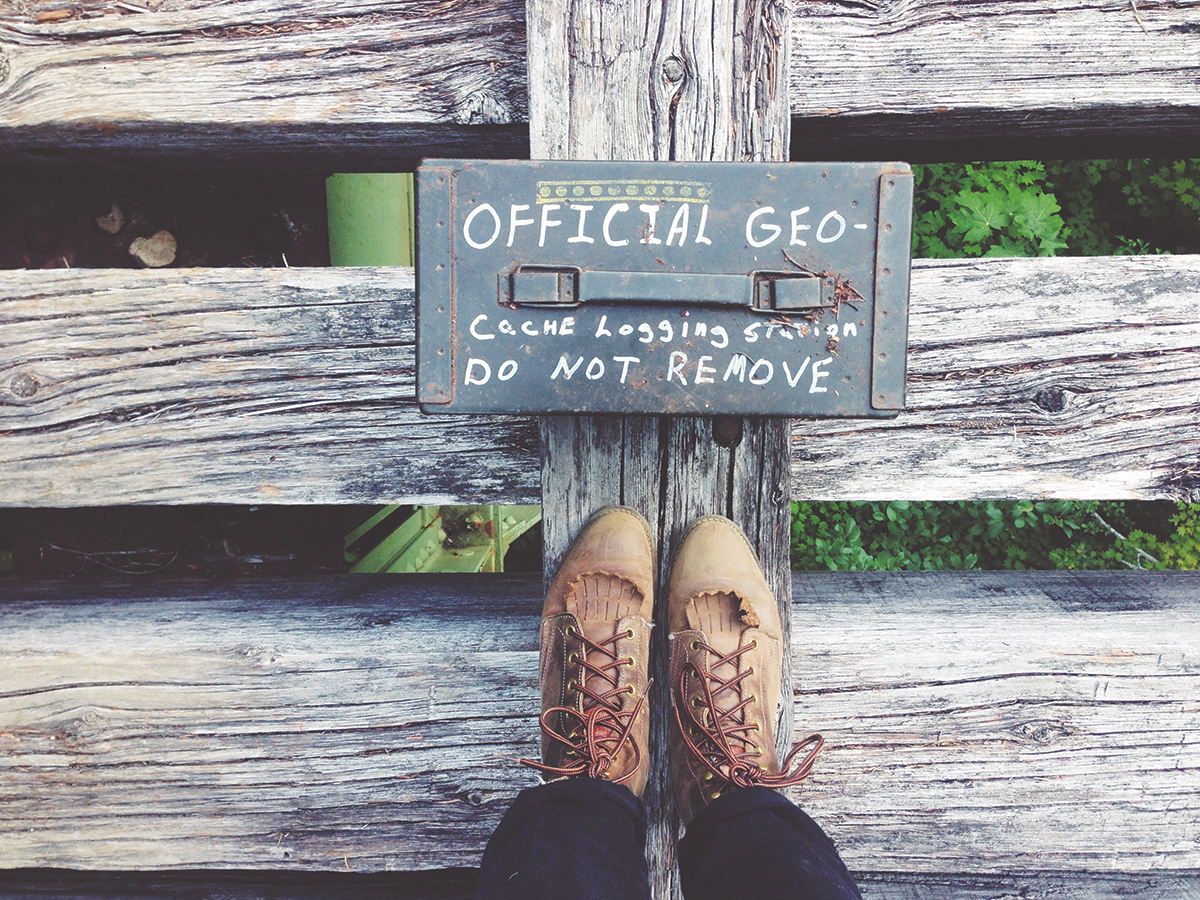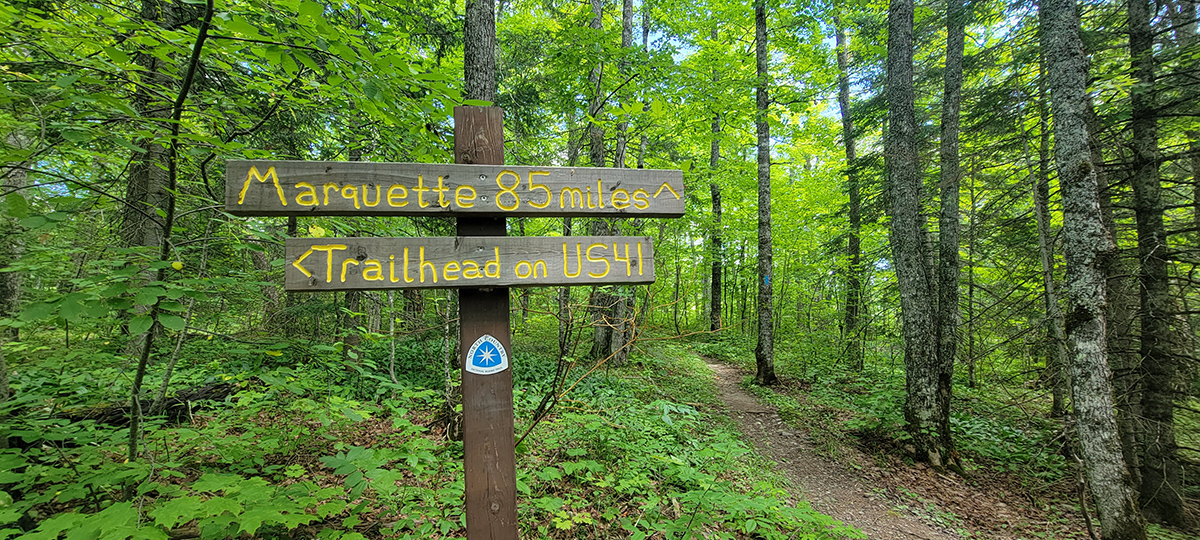WRITER | RACHEL WHITE
PHOTOS | NEWSROOM.GEOCACHING.COM
Sometimes, when you ask a kid if they’d like to go for a walk in the woods, the answer is less than enthusiastic. But ask a kid if they’d like to go on a real-life treasure hunt, and you will most likely get a much more excited response. That’s where geocaching comes in.
What is it? Geocaching is a worldwide treasure hunt. A free, fun activity for retirees or families that anyone can do, with children or grandchildren or without. It’s available everywhere – in both rural and urban areas. You simply head to specific GPS coordinates then search for the geocache (container) that’s on the site.
Started in May 2000, when GPS became more accurate, geocaching quickly caught on, and by September that year, there were 75 known caches. Now you can find more than 3 million geocaches in around 200 countries! There are more than 35,000 geocaches for you to find in Michigan alone. Last year, according to geocaching.com, there were 500,000 “Found It” logs posted. That’s a half-million fun outdoor experiences. What are you waiting for?
All that’s needed is a cell phone with GPS. Download the free app Geocaching® and check out geocaching.com. You’re on your way. You can search by zip code or current location and the app or website will let you know the geocaches that are near you.
“What I like best about it is that it gets you outside, searching for something, and you don’t know what it’s going to be. The hunt is the fun part for me,” says Mike, an avid geocacher. He enjoys geocaching with his kids and likes to incorporate it into his travels. “Whenever we go somewhere new, we always try to find a treasure,” adds ten-year-old Georgia, his daughter.
So what exactly are you searching for? Every cache includes a waterproof container holding a logbook and pen for recording who has found the cache, a trinket that you can take and replace with something of equal value, and sometimes a trackable. According to geocaching.com, a trackable “is etched with a unique code that can be used to log its movements on geocaching.com.” So you take the trackable, log where you found it, then take it to a new location. Some folks have particular goals for their trackable, such as wanting it to visit every country in Europe.
People have been quite creative when coming up with geocaches. Tim Green, vice president of the executive committee of the Michigan Geocaching Organization (or MiGO), talks about “field puzzles,” where you have to do something, or figure something out, upon arrival. There’s one in Michigan called “Are You a Blowhard?” (geocaches have names). When you find this geocache, you first have to figure out how to open a drawer to get to a balloon. Then you assess how this item can open a lock, which will finally get you to the cache. Geocaching at its most challenging can be underwater or cliffside, requiring scuba gear or rock climbing equipment. There is one cache in Michigan that has been found only three times – it’s 80 feet below the surface of Lake 16 in Martinville! You’re going to need a scuba tank for that one!
For expert geocacher Chris Ronan, geocaching is special to him because it has taken him to all 50 states and 14 countries. His favorites include the top of Mauna Kea in Hawaii and caching in the Bavarian Alps. A note here for those with disabilities: Each cache is rated from one to five on how difficult the terrain is and how hard it will be to find. Other geocachers can share their experiences too, so you know what you’re getting into.
People who don’t geocache are called muggles (a Harry Potter reference). Geocachers are reminded to be discreet when muggles are about so that you are undetected and the cache remains hidden to those not in on the fun. If someone who is not a cacher messes with the stash, it’s been “muggled.”
There are events for geocachers, and an amazing online community to connect with as well. To join in on the fun, check out www.mi-geocaching.org. The group plans meet-and-greets and fun challenges. Michigan State Parks require a special permit to place a geocache. Luckily, MiGO has partnered with the parks so if you’re a member of the organization, (membership is free) you can both hide and search for geocaches in the parks. There’s something that will make your next camping trip a little more adventurous!
Finding geocaches is fun, for sure. Green tells the story of one summer in a small park hidden in a neighborhood. He was looking for a geocache and on the way came upon a handful of whitetail deer. It’s what people find that they weren’t really looking for that’s the best part. Gorgeous views, new friends, time outside with family, a walk in the woods. These are the real treasures of geocaching.








